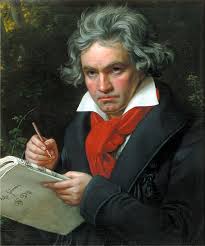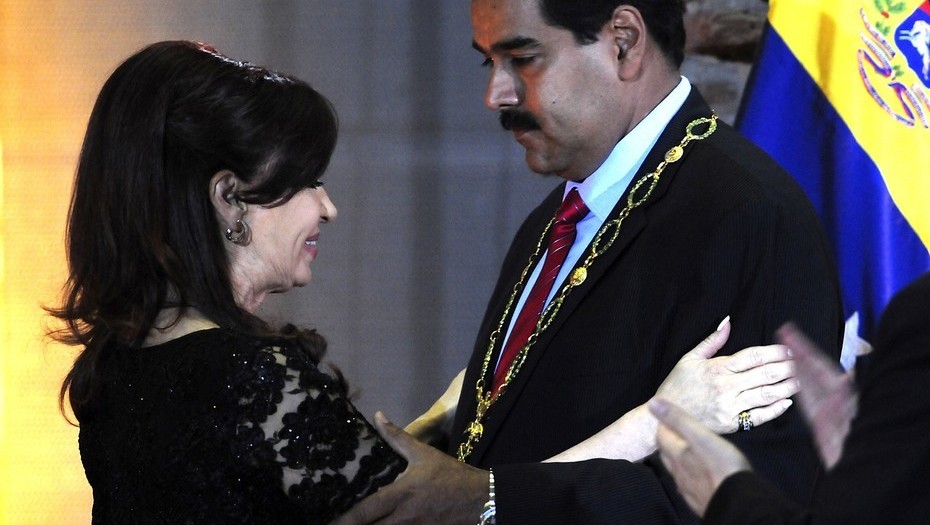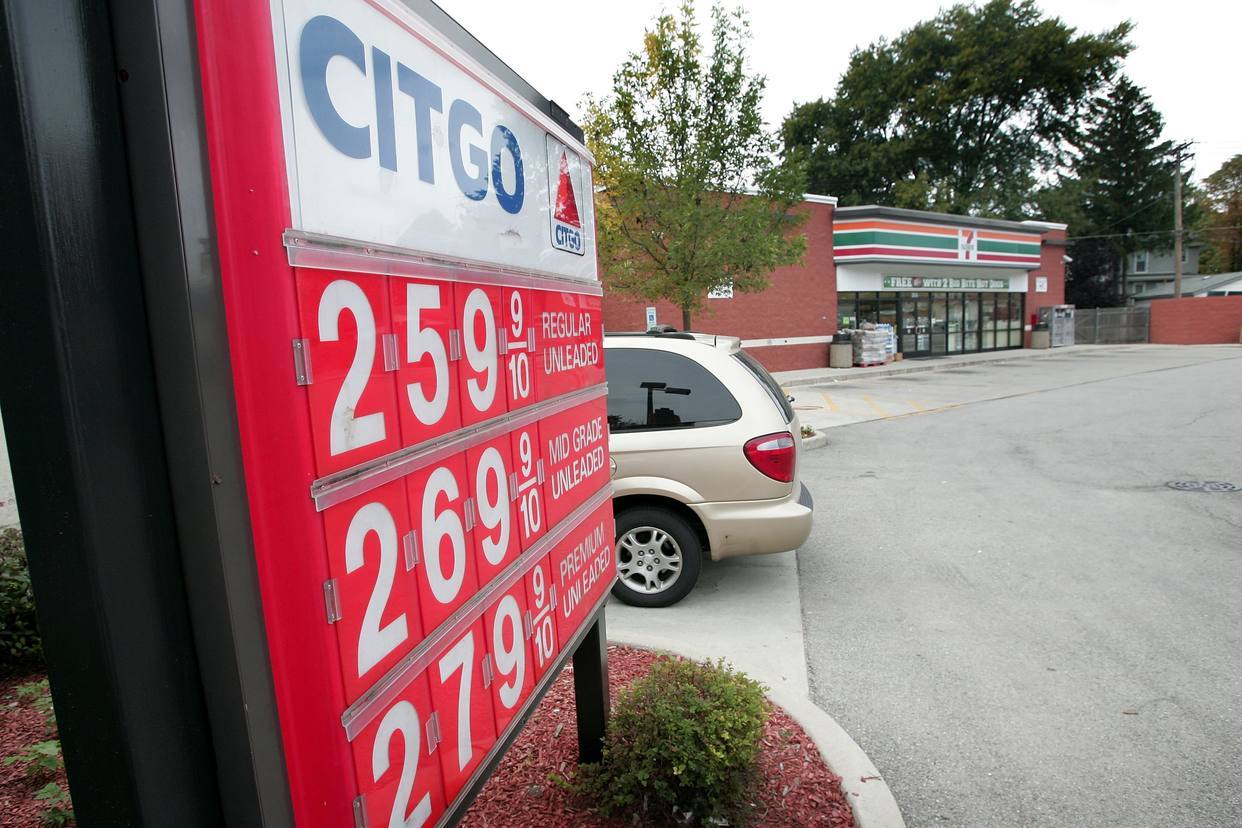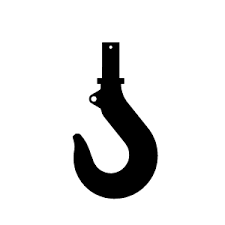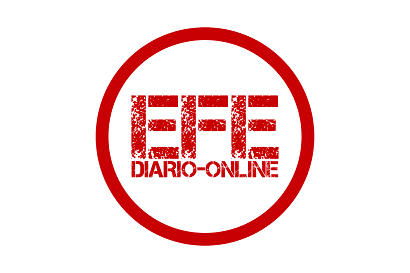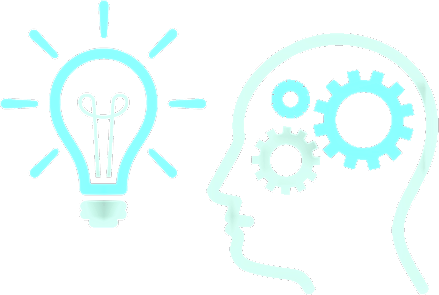(Bonn, 16 December 1770b -Vienna, March 26, 1827) was a German composer, conductor and pianist. His musical legacy covers, chronologically, from the classic period until the beginnings of musical romanticism. He is one of the most important composers of the history of the music and its legacy has influenced decisively in the music later.
Beethoven, who was considered the last great representative of Viennese classicism (after Christoph Willibald Gluck, Joseph Haydn and Wolfgang Amadeus Mozart), succeeded in transcending the music of Romanticism, influencing the diversity of nineteenth-century musical works. His art was expressed in many genres and although the symphonies were the main source of his international popularity, his impact turned out to be mainly significant in his works for piano and chamber music.
His production includes piano genres (thirty-two piano sonatas), chamber music (sixteen string quartets, seven trios, ten sonatas for violin and piano), vocal (lieder, two Masses and an opera: Fidelio), concertante concerts for piano and orchestra, one for violin and orchestra) and orchestral (nine symphonies, overtures, etc.), among which is the cycle of the Nine Symphonies, including the Third Symphony, also called in Castilian Heroica, c in me ? The Fifth Symphony, in D minor and the Ninth Symphony, in D minor (whose fourth movement is based on the Ode to Joy, written by Friedrich von Schiller in 1785).
Beethoven's family lived under modest conditions. His paternal grandfather, also called Ludwig, d (Malinas, 1712-1773), was a descendant of a family of peasants and farmers from Brabant in the region of Flanders (Belgium), who moved to Bonn in the eighteenth century. The particle goes by its name, and contrary to what could be believed, has no noble origins, while Beethoven probably could have derived from Betuwe, a locality of Lieja, although another hypothesis indicates that the surname comes from Beeth, that means remolacha y Hoven, which is the plural of Hof, meaning granja. In this way, 'Beethoven' would mean 'beet farms' .1
In March of 1733, his grandfather emigrated to Bonn, where he worked as director and chapel master of the orchestra of the prince elector of Cologne. On September 17 of that same year, he married Maria Josepha Poll, whose witnesses were the organist Gilles van den Aeden and Johann Riechler. They had three children: Maria Bernarda Ludovica (baptized August 28, 1734, died October 17, 1735), Marcus Josephus (baptized April 25, 1736, died shortly thereafter on an indeterminate date) and Johann, whose birth baptism is not kept record; is supposed to be born in late 1739 or early 1740. The third was the only one who survived childhood and was Beethoven's father. Johann was a musician and tenor of the electoral court.
On November 12, 1767, he married in the church of St. Remigius in Bonn with Mary Magdalene Keverich (19 December 1746 -17 July 1787), a young widow and daughter of a Trier cook. For this reason, the marriage of his parents was opposed by his grandfather, who at that time was already the prestigious chapel master of the court and considered the young woman of a lower social class than his son, which did not was true since in his family there were councilmen and even senators.
The marriage moved to No. 515 of the Bonngasse and two years later, in 1769, was born its first son, baptized like Ludwig Maria van Beethoven. However, just six days after his baptism, the child died. On December 17, 1770, his second son, Ludwig van Beethoven, was baptized in the church of St. Remigius of Bonn, with the name "Ludovicus van Beethoven" as described in the baptismal certificate. His date of birth, generally accepted as the 16 of December of 1770, does not have historical documentation that can support it. Mary Magdalene still had five other children, of whom only two survived: Kaspar Anton Karl van Beethoven, baptized on 8 April 1774, and Nikolaus Johann van Beethoven, baptized on 2 October 1776. Biographers have no clear dates of exact birth of any of the children of Mary Magdalene Keverich.2
